Keywords: Tim Kroenert
There are more than 24 results, only the first 24 are displayed here.
Become a subscriber for more search results.
-
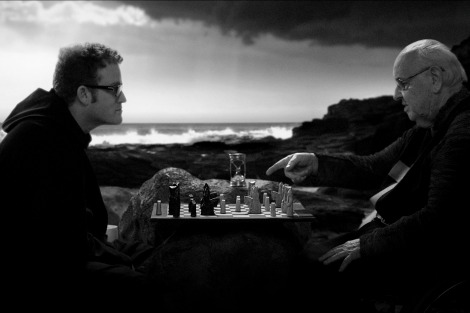
ARTS AND CULTURE
- Tim Kroenert
- 20 April 2023
2 Comments
For Father Bob, being a priest entails getting his hands dirty, giving everything of himself, and doing what he thinks is right, even if doing so upsets power structures; especially if it upsets power structures, if they have contributed to the plight of the downtrodden. (From 2013)
READ MORE
-
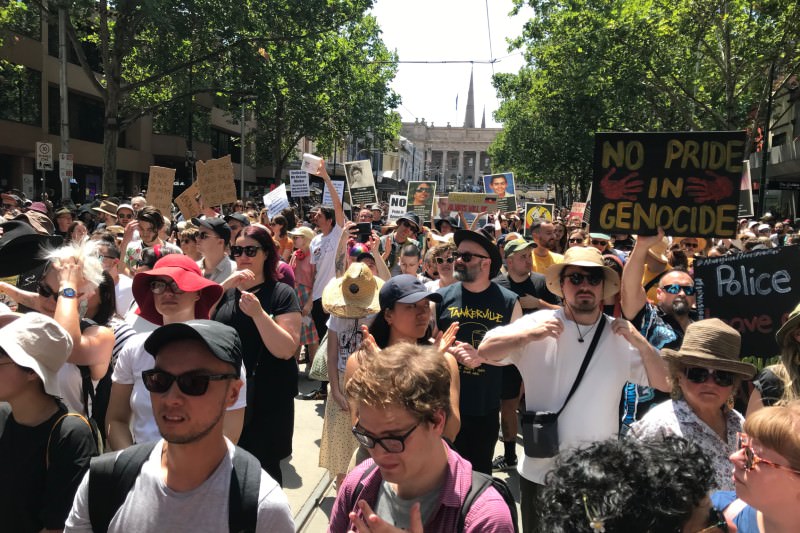
MEDIA
- Celeste Liddle
- 30 January 2020
20 Comments
At what point is the media going to realise that the Invasion Day rally, which has been going on in some form or other since 1938, is not going away and, indeed, is growing? I'm convinced the media don't want to report Invasion Day, as reminding the public to fear Indigenous people and our rights has been their practice for centuries now.
READ MORE 
-
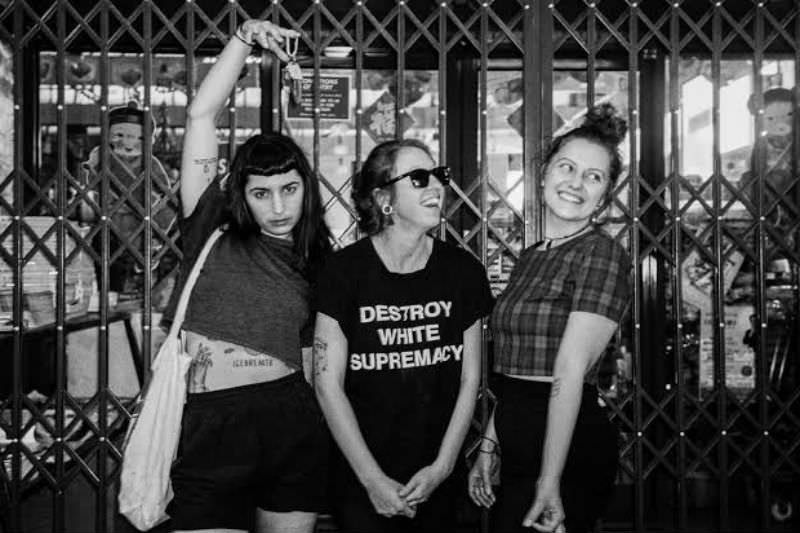
MEDIA
- The Editors
- 20 December 2019
6 Comments
Our team of editors have dug through the past ten years' worth of Eureka Street articles to nominate their favourite pieces published between the start of 2010 and today. Check out our list and then jump into the comments to tell us what are your picks of the decade and why.
READ MORE 
-
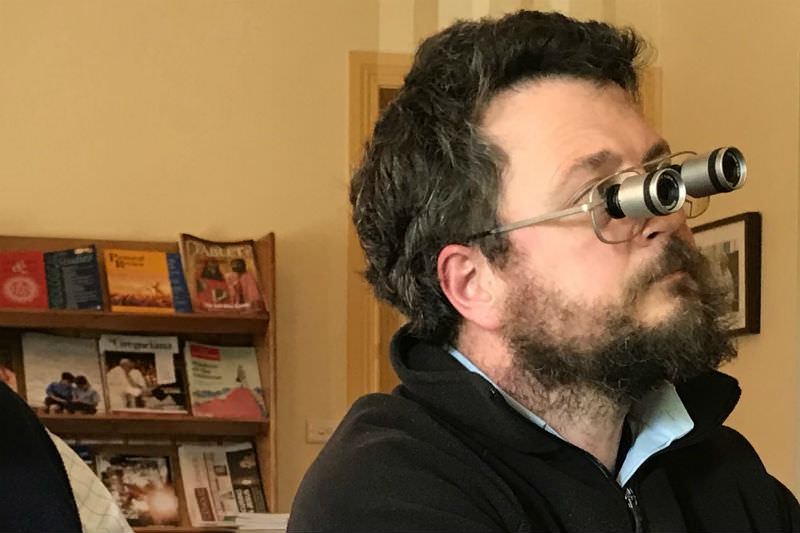
RELIGION
- Justin Glyn
- 17 October 2019
15 Comments
In some ways to be a priest with a disability is to be at a strange advantage. We tend to think about priesthood as a gift and a calling — and so it is. It is not, however, about merit, of saying 'I am better than you / uniquely gifted'. Instead, it is a call to enter the hurts and joys of other people's lives from a position of weakness, not strength.
READ MORE 
-
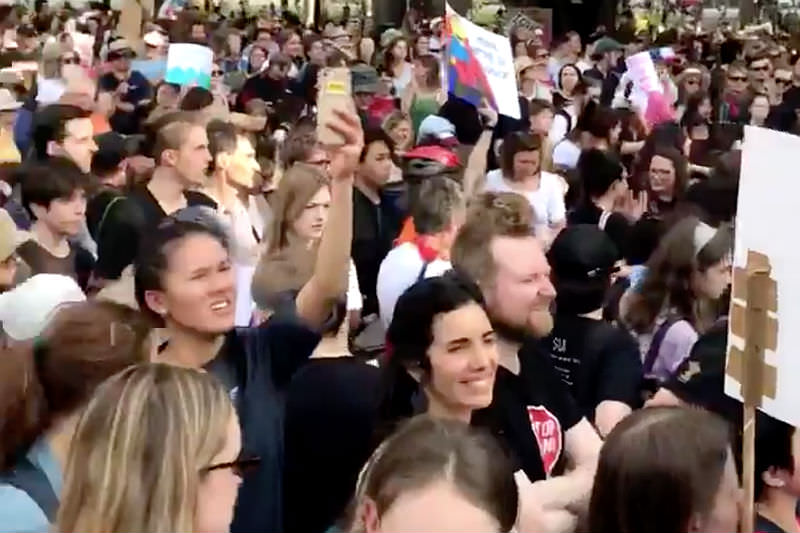
ENVIRONMENT
- Bronwyn Lay
- 23 September 2019
11 Comments
These strikes aren't solely sites of protestation but rather a chance to step out of the individual grey loneliness to come together for our collective future in intergenerational solidarity. There is something powerful and visceral about putting your body on the street, in the public forum, with other bodies and being vulnerable together.
READ MORE 
-
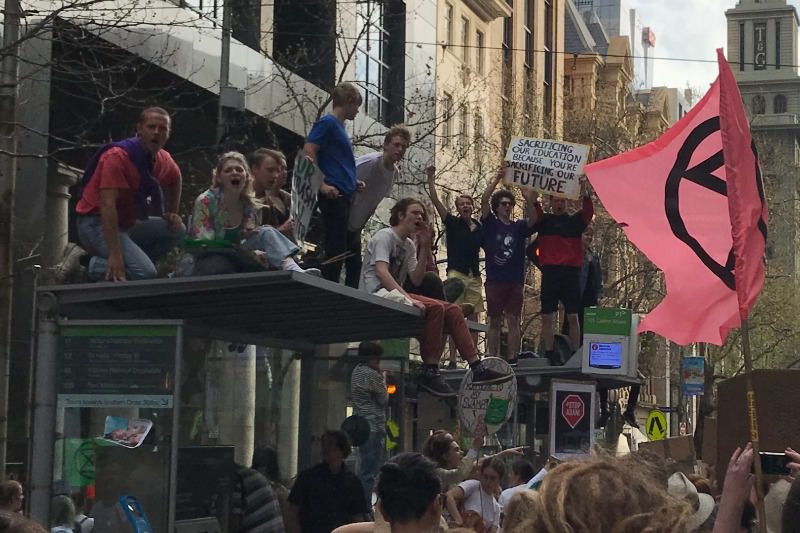
ENVIRONMENT
- Tim Robertson
- 20 September 2019
5 Comments
Anyone at Friday's climate strike couldn't help but notice just how much the terms of the debate have shifted in recent years. The crisis is one of being. Climate change denialism isn't simply a political position anymore. To deny the science is to embrace nihilism; it is to be complicit in one's own extinction.
READ MORE 
-
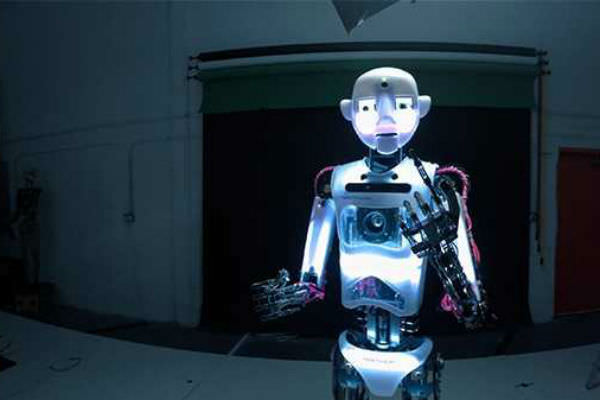
ARTS AND CULTURE
- Tim Kroenert
- 22 February 2019
1 Comment
More Human Than Human's exploration of the history and present reality of artificial intelligence is not a tale of terror. It is a thoughtful and nuanced engagement with the people who are making, using, or thinking about AI; those who have been touched by its life-changing potential, or come a-cropper of its more sinister aspects.
READ MORE 
-
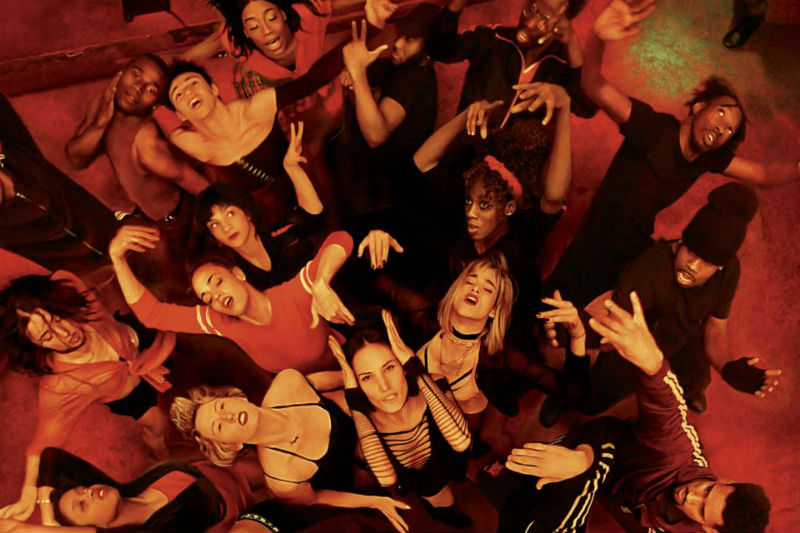
ARTS AND CULTURE
- Tim Kroenert
- 29 November 2018
3 Comments
The cast of mostly unknowns is multiracial and spans the spectrum of sexual orientations and gender identities. Not long ago that might have seemed transgressive, but these days it seems like the least that could be hoped for from a piece of mainstream entertainment.
READ MORE 
-
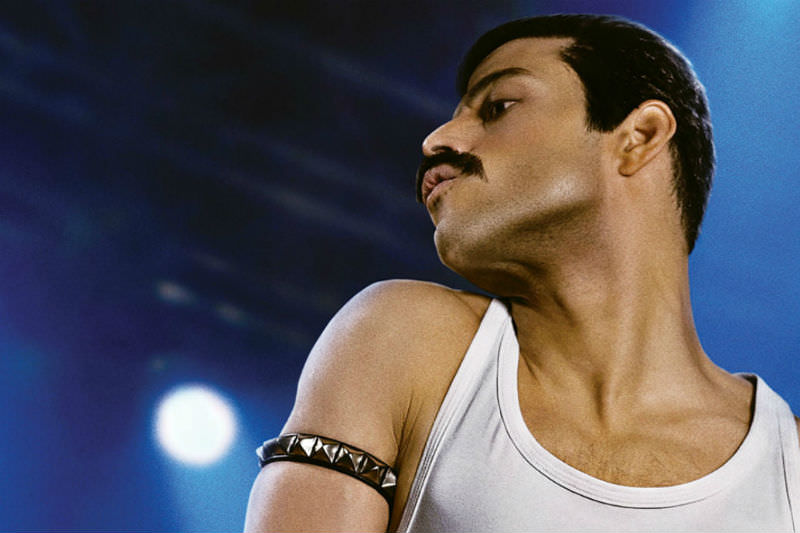
ARTS AND CULTURE
- Tim Kroenert
- 01 November 2018
20 Comments
Some creative choices see Bohemian Rhapsody veer from fairytale to fake news. Displacing 'Fat Bottomed Girls' allows the filmmakers to write out the exploitative publicity stunt for that song. By skipping The Works tour, they can conveniently ignore how the band flouted the UN's cultural boycott against apartheid era South Africa.
READ MORE 
-
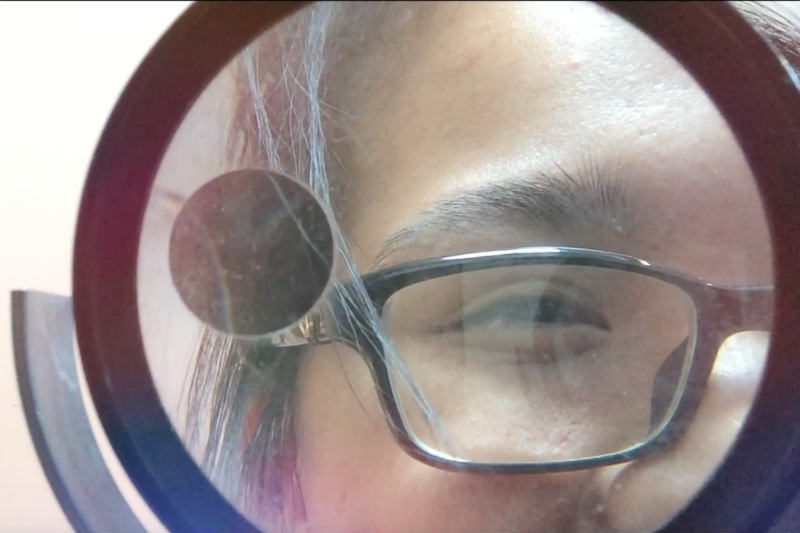
ARTS AND CULTURE
- Tim Kroenert
- 15 August 2018
1 Comment
Julianne Nguyen turns a smartphone, webcam and head-mounted go-pro to the purposes of self-examination. A child of Vietnamese parents but born in Australia, she practises Christianity and Buddhism, and is trying to parse these various elements. 'I'm Australian. I feel Vietnamese,' she says, then chants: 'West. East. No, West. No, East.'
READ MORE 
-
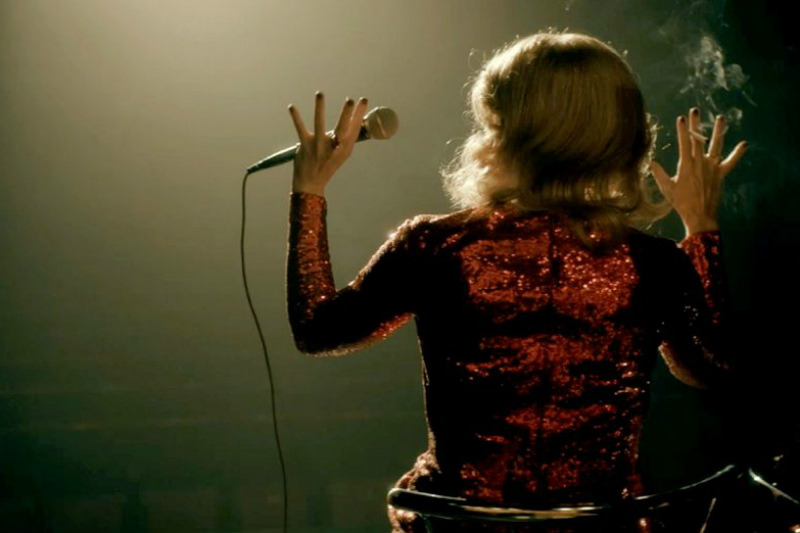
ARTS AND CULTURE
- Tim Kroenert
- 01 August 2018
1 Comment
Hannah Gadsby's Nanette critiques comedy as an imperfect tool for processing and transcending trauma. Funny Cow, about a woman comedian in 1970s northern England, attempts something similar. Both say something about the intersection of comedy and trauma and what it reveals about how we relate to each other as human beings.
READ MORE 
-
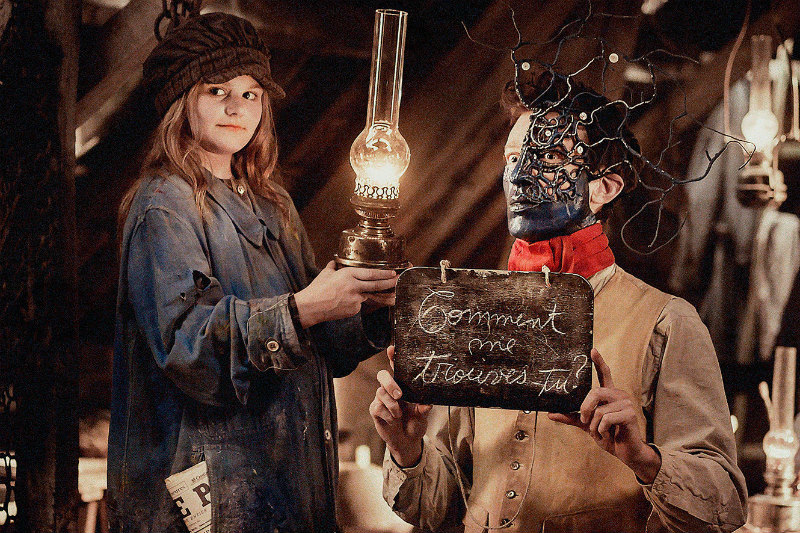
ARTS AND CULTURE
- Tim Kroenert
- 25 July 2018
2 Comments
This sleight of hand from Albert sets a pattern, as the two go on to collude on an elaborate ruse, selling Edouard's designs for patriotic memorials that they never intend to build. Edouard, having plumbed the depths of opiate addiction, comes alive in the scam, a puckish schemer in a series of elaborate papier-mâché masks.
READ MORE 